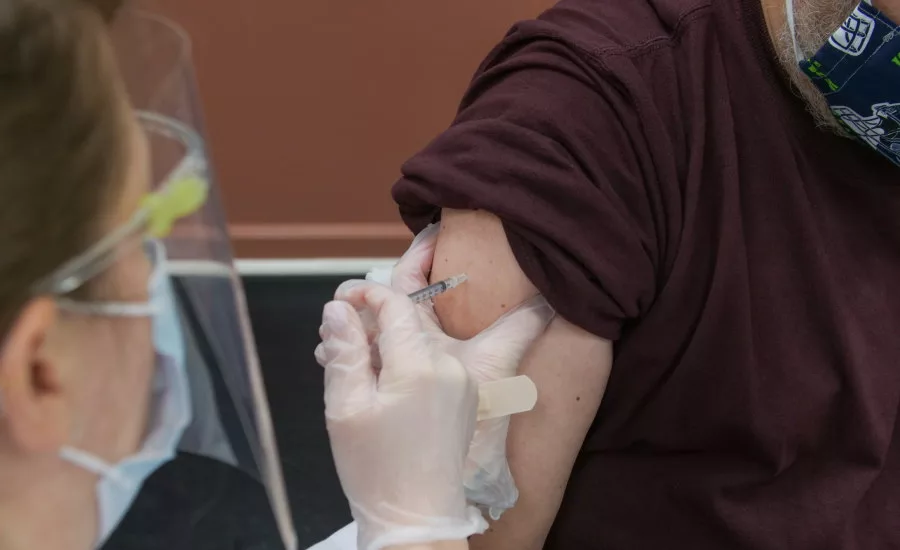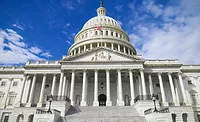OSHA No Longer Requiring Contractors to Report COVID Vaccine Side Effects

Photo by Steven Cornfield on Unsplash.
The Occupational Safety and Health Administration (OSHA) will no longer require employers to record adverse side effects their workers experience from receiving COVID-19 vaccinations for the next year.
The new guidance is reflected on OSHA’s COVID-19 FAQ page, where it states the agency doesn’t wish to have any appearance of discouraging workers from receiving the COVID-19 vaccination, nor does it want to dissuade employers’ vaccination efforts.
“As a result, OSHA will not enforce 29 CFR 1904’s recording requirements to require any employers to record worker side effects from COVID-19 vaccination through May 2022. We will reevaluate the agency’s position at that time to determine the best course of action moving forward,” the FAQ states.
The National Roofing Contractors Association (NRCA) is among the contractor associations expressing support for the new guidance. It is one of the 25 associations that belongs to the Construction Industry Safety Coalition (CISC), which recently corresponded with OSHA to raise objections about its FAQ regarding the recording of side effects caused by a COVID-19 vaccine.
“We’re happy about that perspective shift at OSHA and think it’s very appropriate,” said Tom Shanahan, NRCA vice president of enterprise risk management and executive education.
The Associated Builders and Contractors, also a member of CISC, voiced its support for the shift as well, stating on its website that it’s “pleased that the U.S. Department of Labor’s Occupational Safety and Health Administration has re-evaluated its frequently asked questions related to COVID-19 vaccinations.”
Encouraging Vaccination
Legal experts have generally recommended voluntary vaccination programs to roofing contractors instead of mandatory programs. Surveys have shown that just under half of those who work in the construction industry won't get the vaccine, making it one of the most hesitant work groups.
A coalition of roofing trade associations has been urging people to get the vaccine, saying it is critical to social and economic recovery. The question of how to effectively encourage workers to get the vaccine, however, remains unanswered. Some employers are offering incentives, such as cash or making accommodations for vaccination appointments. The Biden administration recently made tax credits available through the American Rescue Plan to employers with 500 or fewer workers, allowing them to be reimbursed for paid leave related to vaccinations.
“In general, the sentiment, even among those in CISC, are to encourage people to get vaccinated,” said Shanahan. “It’s always going to be a personal decision, and at some point, this is where everybody tries to help people be informed so they appreciate and are doing it understanding the benefits from an informed position.”
The Centers for Disease Control and Prevention indirectly incentivized people to get vaccinated when it updated its guidelines to say that fully vaccinated people can safety partake in nearly all activities without having to social distance or wear a mask.
Looking for a reprint of this article?
From high-res PDFs to custom plaques, order your copy today!




.webp?height=200&t=1760028899&width=200)




